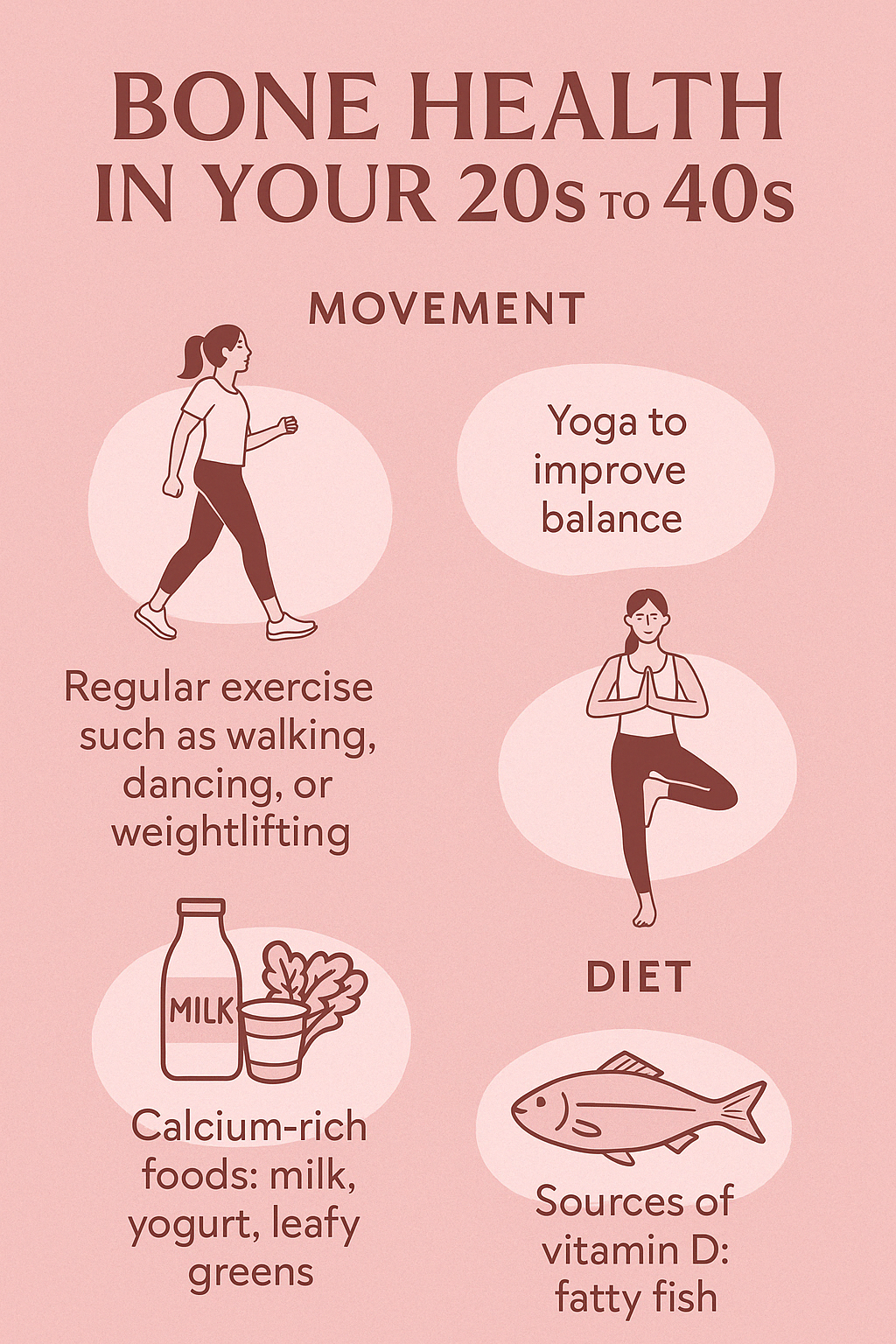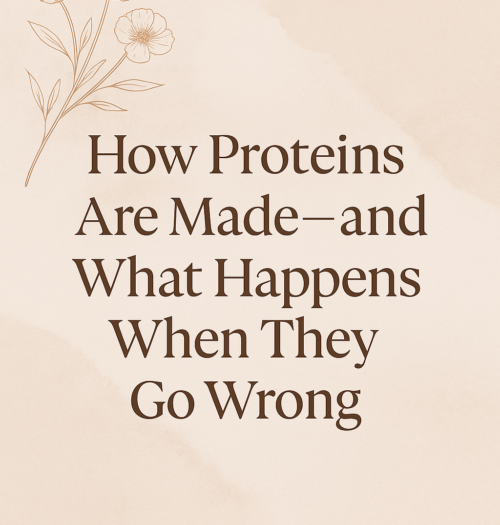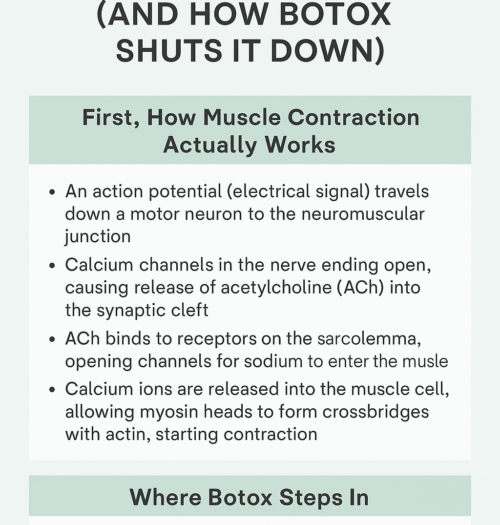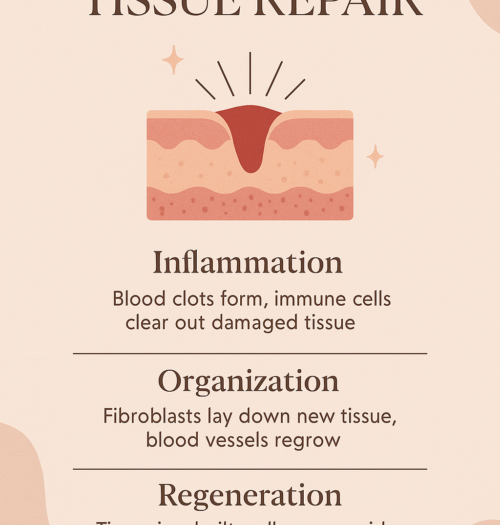
Strong Bones for Life: What You Need to Know About Bone Health
Strong Bones Start Now: How Women Can Protect Their Bone Health from Their 20s to 40s
When we think about wellness, we often focus on glowing skin, heart health, or energy levels—but your bones deserve just as much attention. The truth is, the choices you make in your 20s, 30s, and 40s lay the foundation for your long-term skeletal health. And while bone loss may not be something you feel in the moment, it’s something you’ll definitely want to prevent later.
Here’s what you can start doing now to keep your bones strong for decades to come.
💪 Move Daily—Your Bones Love It
Exercise doesn’t just tone your muscles—it builds stronger bones too. Weight-bearing and resistance exercises like walking, jogging, dancing, or strength training stimulate bone remodeling, a natural process that keeps your skeleton dense and resilient.
Even low-impact workouts like yoga or Pilates are incredibly valuable. They improve balance and coordination, helping reduce your risk of falls as you age.
Start small: A 20-minute walk or a few yoga stretches each day can make a big impact over time.
🥬 Eat for Bone Strength
Your bones are living tissue that need fuel—especially calcium and vitamin D.
Calcium: Found in dairy (milk, yogurt, cheese), leafy greens (kale, bok choy), almonds, and fortified plant-based milks.
Vitamin D: Helps your body absorb calcium. You can get it from fatty fish like salmon, egg yolks, fortified foods—or a supplement, especially if you don’t get much sunlight.
According to the NIAMS (2023), your body can’t make calcium, so if you don’t get enough from food, it will pull it from your bones—weakening them over time.
⏳ Know Your Peak Bone Years
Bone density peaks in your 20s, meaning those are your strongest years. After that, your body naturally starts to lose bone mass. The good news? Regular movement and mindful eating can slow that process and help you maintain bone strength well into midlife.
In your 30s and 40s, consistency becomes your secret weapon. You don’t need to overhaul your life—just keep up those everyday habits.
🍷 Be Mindful About Alcohol
You might be surprised to learn that excessive alcohol intake can harm your bones. It interferes with calcium absorption and slows down the activity of osteoblasts—the cells responsible for building new bone.
As Sampson (1998) noted, long-term alcohol use is directly linked to increased fracture risk and poor bone development.
☀️ Quick Tips for Stronger Bones (at Any Age):
Take a walk during your lunch break.
Add leafy greens to your smoothie.
Swap soda for a calcium-rich option like fortified almond milk.
Do 10–15 minutes of bodyweight exercises at home.
Get your vitamin D levels checked at your next checkup.
References
National Institute of Arthritis and Musculoskeletal and Skin Diseases (NIAMS). (2023). Calcium and Vitamin D: Important for Bone Health. https://www.niams.nih.gov/health-topics/calcium-and-vitamin-d-important-bone-health
Sampson H. W. (1998). Alcohol’s harmful effects on bone. Alcohol Health and Research World, 22(3), 190–194.
Tortora, G. J., & Derrickson, B. H. (2020). Principles of Anatomy and Physiology (16th ed.). Wiley Global Education US.
Raquel Schroeder
Hey, I’m Raquel—nursing student, flight attendant, mama, and glow-getter.
You May Also Like

How Proteins Are Made—and What Happens When They Go Wrong

